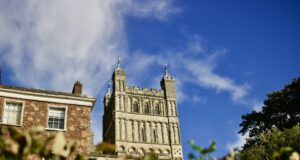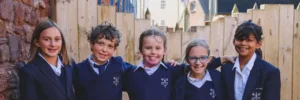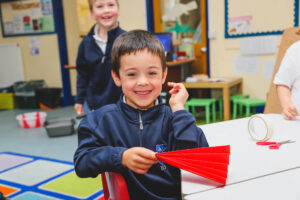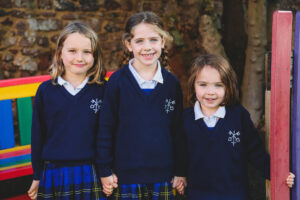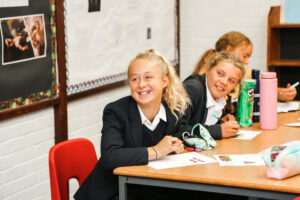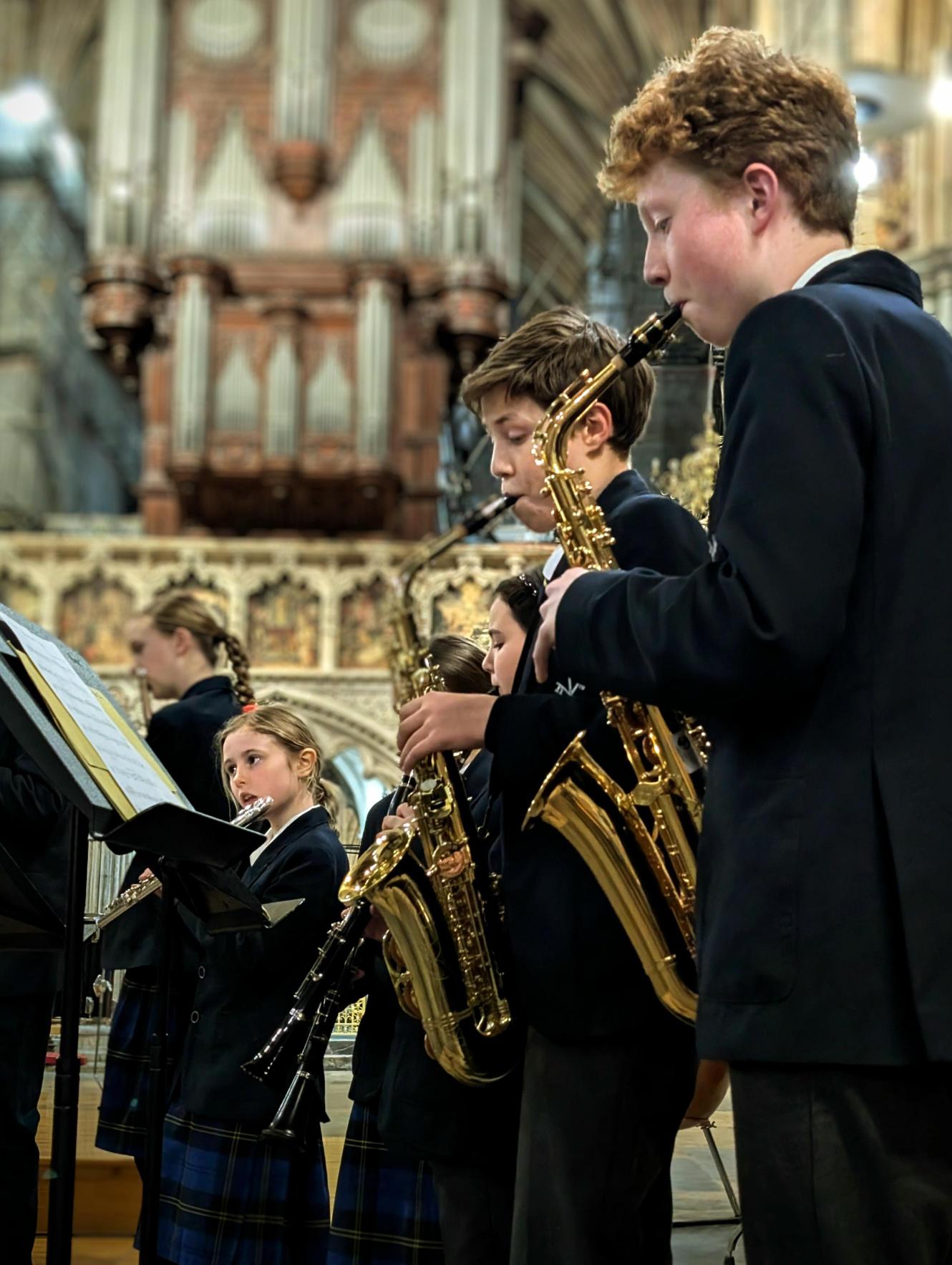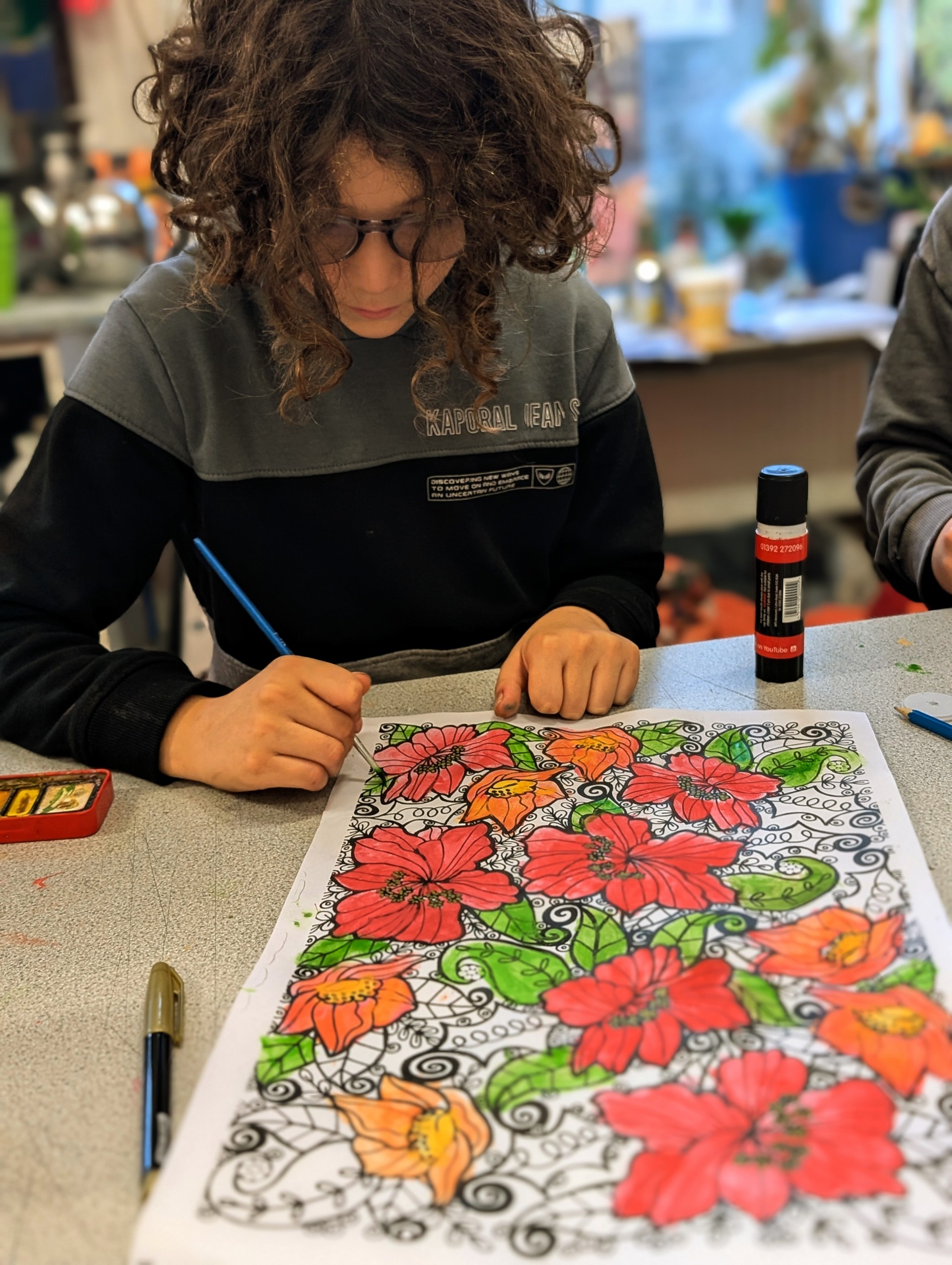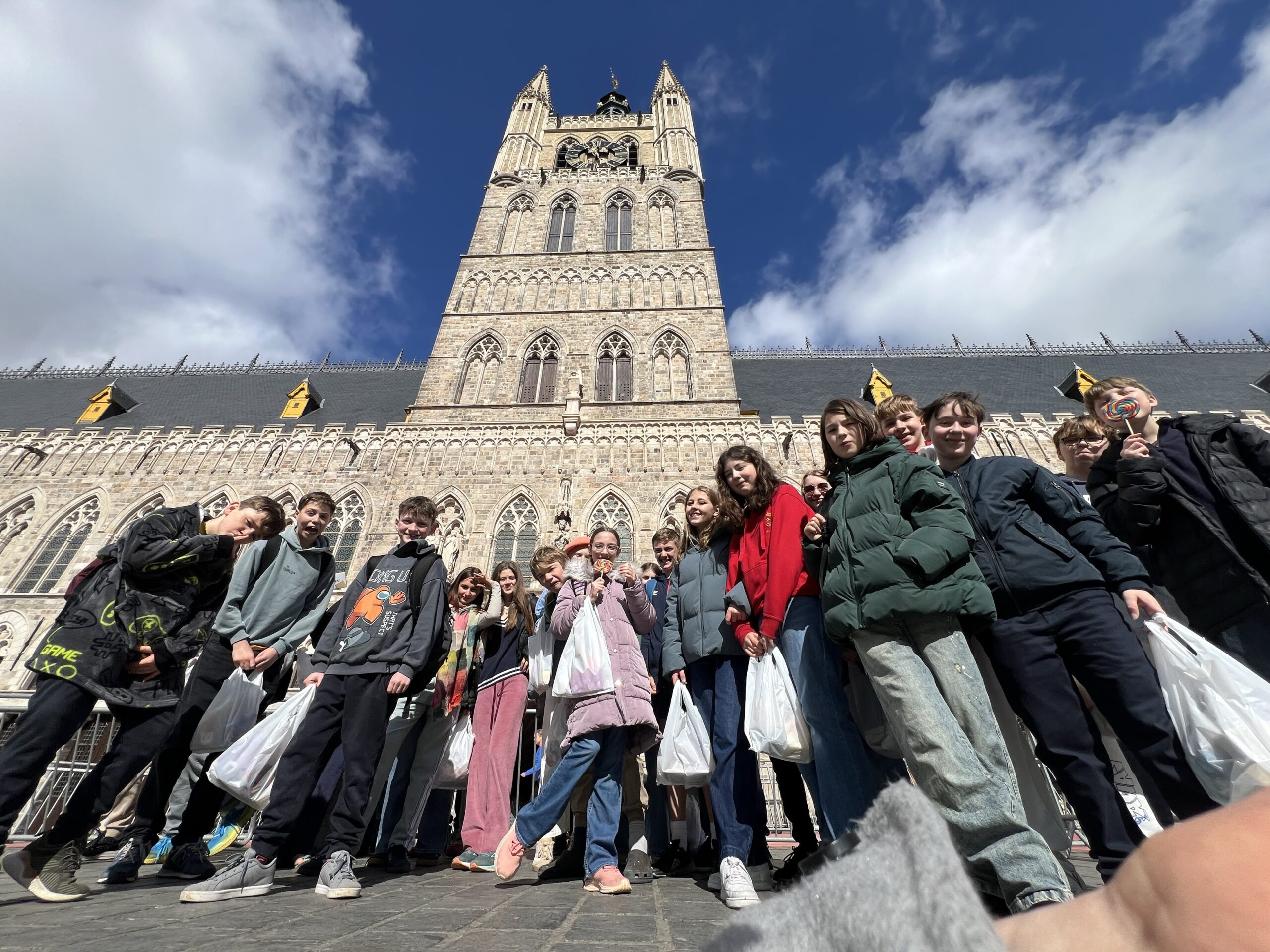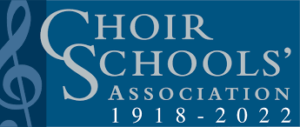Philip Larkin was a poet, living and working for most of his life in Hull.
Not only was he a poet, but he wrote letters and novels and also articles on jazz and others writing. One of the common features of both his letters and poems was a sense of uselessness. Reading Andrew Motion’s biography, you’d be forgiven for wondering yourself how useful his life was. That’s until you realise that each poem he wrote, no matter how short, had many drafts. One poem took him sometimes months and some weren’t completed for years. Poems of depth and quality evolve rather than just appear in a book. Although I write poetry I’m no poet, but I do share Philip Larkin’s doubt about how useful he felt his life to be.
As Chaplain of Exeter Cathedral School, I sometimes feel as if I’m a performing monkey, standing in Kalender Hall each morning at 08h45, or, during Covid isolation times, performing online. Useful? I can only hope that at least, on occasion, it’s enjoyable to the boys and girls who sit on the floor listening. Often some of them ask me what my life is about?
The first fact is that I’m 76 and probably might appear in the Guinness Book of Records for being the oldest school chaplain in the UK. My wife, Elspeth, was an Occupational therapist, working mostly with those who were damaged by alcohol, cigarette, or other substance use or abuse, who were wanting to find freedom from their addiction.
We’re having our golden wedding anniversary in October this year. My son, Ben, is 48 this year, working all his adult life in event management, suffering like countless others in that work that largely disappeared with the arrival, the deepening, and the lingering of the pandemic. For me, he is an artist in how he creates beautiful circumstances for weddings, cultural and sporting events. Madeleine, my daughter, is a mezzo-soprano opera and concert singer, married to Eamonn, a singer and teacher of singing. Both their children are at ECS, one of them being a probationer chorister.
At the risk of seeming self-absorbed, most days of the week, I rise shortly after 06h00, having ‘run the gauntlet’ with BBC Radio 4’s ‘Today’ programme headlines. Having made tea for both of us, I make my way to the Papod, which is a rather fine hut in our tiny garden. [Men and sheds. I’m afraid the cliché is true!] For just over an hour, I pray with the Daily Office – Morning Prayer – with some singing thrown in for good measure. In this praying, I hold the names of those who are in need that have asked me to pray for them. I pray by name for each child at ECS. If you would like me to pray for you or someone you know, don’t hesitate to let me know. It’s what I do! That’s followed by about 20 to 30 minutes meditation. For me, the way into this inner life is music: deep attention and listening to an inner language beyond words, but may include them. This inner listening is about the engagement of the heart with the creativity of God, delight, and hope, as well as an engagement with suffering and compassion. The Eucharist in the Cathedral is of vital importance to me, but that discipline has taken a knock during the pandemic. No excuses!
On my way out of the house, during term time I pick up a banana and walk into ECS for the assembly for whatever year ‘bubble’ it is. This is a tricky time, I don’t mind admitting, as I don’t have a real sense of whether the images, language and style I have relates to where the children are. What I admire about children is that they have yet to develop any dismissive attitude to the old. Perhaps the assemblies I take make me more anxious than I need to be. Of course, I’m a little sad not to have seen the Choristers as much as I would have liked; they are in often in practice at those times. However, I am fed and given new life by the boys and girls, particularly when we laugh and feel sad together.
Back home I have a little breakfast and then keep to an old habit: reading. For me, it’s important to read every day, no matter what other pressures may be around. There are two reasons. The first is that I enjoy it and the second is that my mind and imagination are deepened. That’s what education is, it seems to me.
Letter-writing is important every day. I exchange letters by email and some by post. I love my fountain pen, even if it takes time to write in this way on paper. Stamps are expensive.
Around about mid-day, I have a brief time praying for places in the world where there is suffering, hunger, or conflict – sometimes all three. In the early afternoon, I have a nap, which is sometimes followed by exercise, if I’m feeling disciplined! I’ve no excuse, as I now have an electric bike. No! It’s NOT cheating! I can be seen practicing yoga, much to the amusement of my grandchildren who look at me as if I’m a dilapidated climbing frame!
Around 17h00, I hear a little of Radio 4’s ‘PM’ programme, before praying with Evening Prayer. At 18h00, I watch the news on television.
Here’s confession time. Often before going to bed, I watch an episode of a series on Television, which doesn’t last more than 45 minutes to an hour. At the moment, I can’t resist Wimbledon.
What I’m NOT good at doing are the following: cooking, social media, telephone conversations, working out how Microsoft Teams and Zoom works, keeping my hut tidy…
What worries me: the news, when I see a sad face and I don’t understand what’s happening within that person, how to help people resolve personal conflicts, if I’m honest – dying and death, despite what anyone might expect from someone who is a bishop!
What gives me life and love: Music, singing [but not so much now, I’m afraid] reading, the movies, friendship, Elspeth my wife and our family, walking, cycling, watching golf, rugby and tennis, keeping my daily journal, learning to pray, others skills and talents, others’ kindness, the mystery of God.
Bishop Martin Shaw
School Chaplain
